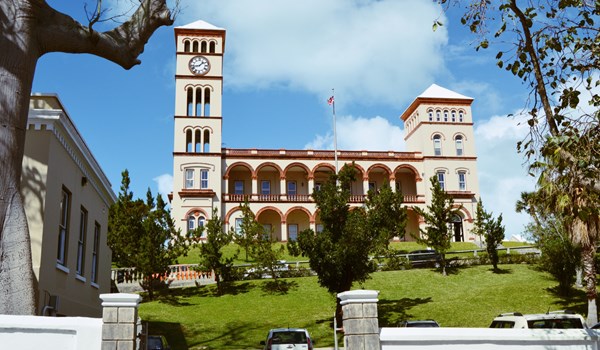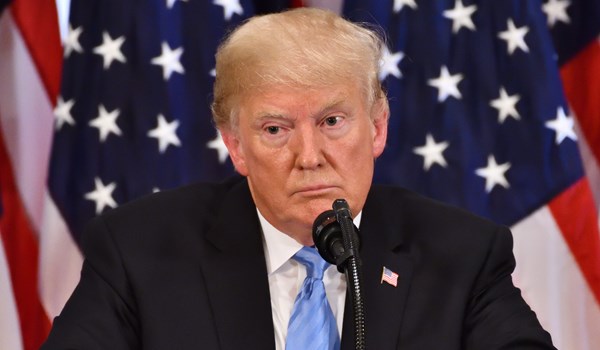The number of civil investigation cases opened by a HM Revenue and Customs (HMRC) fraud unit investigating offshore, corporate and wealthy taxpayers has fallen by more than half in five years, figures reveal.
The Observer reported last month that HMRC has not charged a single company under landmark legislation to crack down on tax evasion. Campaigners warned that HMRC was undermining its own deterrents by failing to use its criminal enforcement powers.
The new figures, obtained by the Bureau of Investigative Journalism, suggest that the tax authority’s civil enforcement in its fraud investigation service has also declined alongside its use of criminal powers.
Civil investigations opened by the offshore, corporate and wealthy unit, part of HMRC’s fraud investigation service, fell from 1,417 in 2018-19 to 627 in 2022-23.
HMRC says its fraud investigation service is focusing on the highest-value tax fraud and the figures do not take account of overall compliance activity, with 300,000 compliance “interventions” opened in 2022-23.
HMRC has faced scrutiny in recent years over offshore tax avoidance and evasion. Figures disclosed to the independent thinktank Tax Policy Associates by HMRC in September 2021 revealed that UK taxpayers held nearly £570bn in tax havens, which would include offshore funds.
HMRC said in a freedom of information response to the thinktank that it had not “produced or received any estimates” as to what proportion of the accounts were properly disclosed.
In June 2022, Lucy Frazer, then financial secretary to the Treasury, said HMRC would produce data on the “offshore tax gap” in 2023. This data has not been published as pledged.
Margaret Hodge MP called on HMRC to “finally crack down on egregious tax avoidance and collect the revenues we desperately need”. “The new revelations that HMRC is failing to make up for [declining numbers of criminal prosecutions] by undertaking more civil investigations is just disgraceful,” said Hodge. “These consecutive failures mean tax dodgers and their enablers can continue getting away scot-free.”
Stephen Daly, senior lecturer in corporate law at King’s College London, said: “If you don’t enforce the rules, then you create a culture in which people don’t have to worry about their tax returns later being checked.”
Civil inquiries and investigations declined sharply in 2020, when the Covid-19 pandemic interrupted HMRC’s enforcement activity. But despite a significant rise last year, the number of cases remains well below pre-pandemic levels.
The number of civil cases that were formally opened by the fraud investigation service, which can examine the tax affairs of any taxpayer, fell by 28% in the same period, from 17,424 from 2018/19 to 12,585 in 2022/23.
“Even when [HMRC is] opening civil cases, they appear to be going after the easier, lower-value targets,” said Fiona Fernie, a partner at tax adviser Blick Rothenberg.
Last year, HMRC reached one of its highest-ever tax settlements when ex-Formula One mogul Bernie Ecclestone paid more than £650m after pleading guilty to tax fraud – but that success was “the exception, not the rule”, said Fernie.
Part of the problem is that the UK has an increasingly complex tax code system, which makes enforcement action difficult, she said. “The staff are under considerable pressure; we get an increasingly complicated system every year, and it’s very difficult to get anybody to keep up with it.”
Robert Palmer, executive director of Tax Justice UK, said another issue was lack of resources. “We know HMRC is underfunded and resources have been diverted for work on Covid and Brexit,” he said.
HMRC estimates that it collects 95% of all the tax owed in the UK, a proportion it says has remained stable in recent years. However, it estimates that the remaining 5% still accounts for about £36bn.
Palmer said: “Parliamentary research shows that when the government invests in HMRC, the return on investment is significant. Until the department is properly funded, vast sums of money owed, often by the richest people and companies, will go unrecovered.”
A HMRC spokesperson said: “These specific figures relate solely to the work of our fraud investigation service and do not take account of our overall compliance activity. In 2022-23, we opened 300,000 compliance interventions across a range of tax risks, including avoidance and evasion, and secured £34bn in additional tax revenue.
“Since 2018-19, we’ve opened more than 1.5m compliance interventions, securing £136bn.” HMRC says work is continuing on estimating figures for the offshore tax gap.



